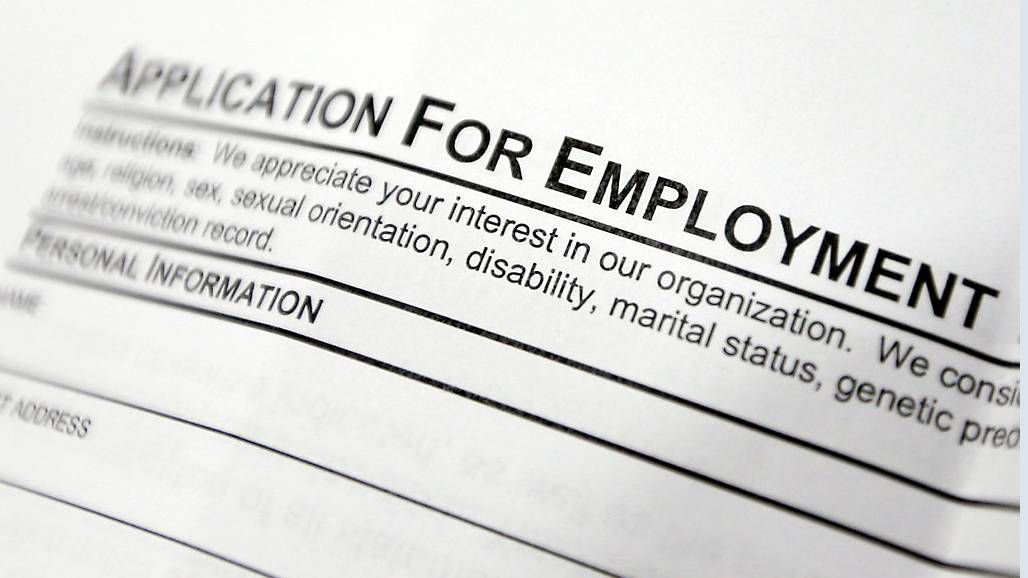Employers in New York starting next year will be required to disclose salary ranges for advertised jobs and promotions under a measure signed Wednesday by Gov. Kathy Hochul.
The pay disclosure law is meant to combat pay inequities between men and women, as well as for people of color.
"In order for New York to continue being the best place to work, we must create the best protections for our workers - and this legislation will help do exactly that," Hochul said. "This historic measure will usher in a new era of fairness and transparency for New York's workforce and will be a critical tool in our efforts to end pervasive pay gaps for women and people of color."
A similar law took effect for New York City employers earlier this year. Employers will have about nine months to prepare for the new disclosure requirements, which will have them release pay floors and ceilings for advertised positions.
Supporters of the disclosure law hope the change will give workers information to help them negotiate pay and reduce discrimination in wage setting and hiring.
"With today's bill signing, New York's first woman governor is implementing a statewide structural fix to the racial and gender-based wealth gaps that leave women in the workforce far behind their peers," said Queens Democratic state Sen. Jessica Ramos, who sponsored the measure with Assemblymember Latoya Joyner. "Equal pay for equal work is how we build up women as the economic anchors of their communities. As this law goes into effect, I encourage all New Yorkers to talk about your pay, demand transparency and use this law to ensure you are earning what you are worth."
Proponents also contend the measure will help employers by simplifying and streamlining determinations for compensation.
"Changing the culture and leveling the playing field at workplaces through New York, the Salary Range Disclosure Act will make sure that workers benefit from greater transparency when it comes to wages and benefits," Joyner said. "When employers provide much needed clarity to pay structures and make that information available to employees and job seekers, we can reduce gender pay inequities by encouraging employers to update antiquated practices that have reinforced patterns of wage discrimination."


